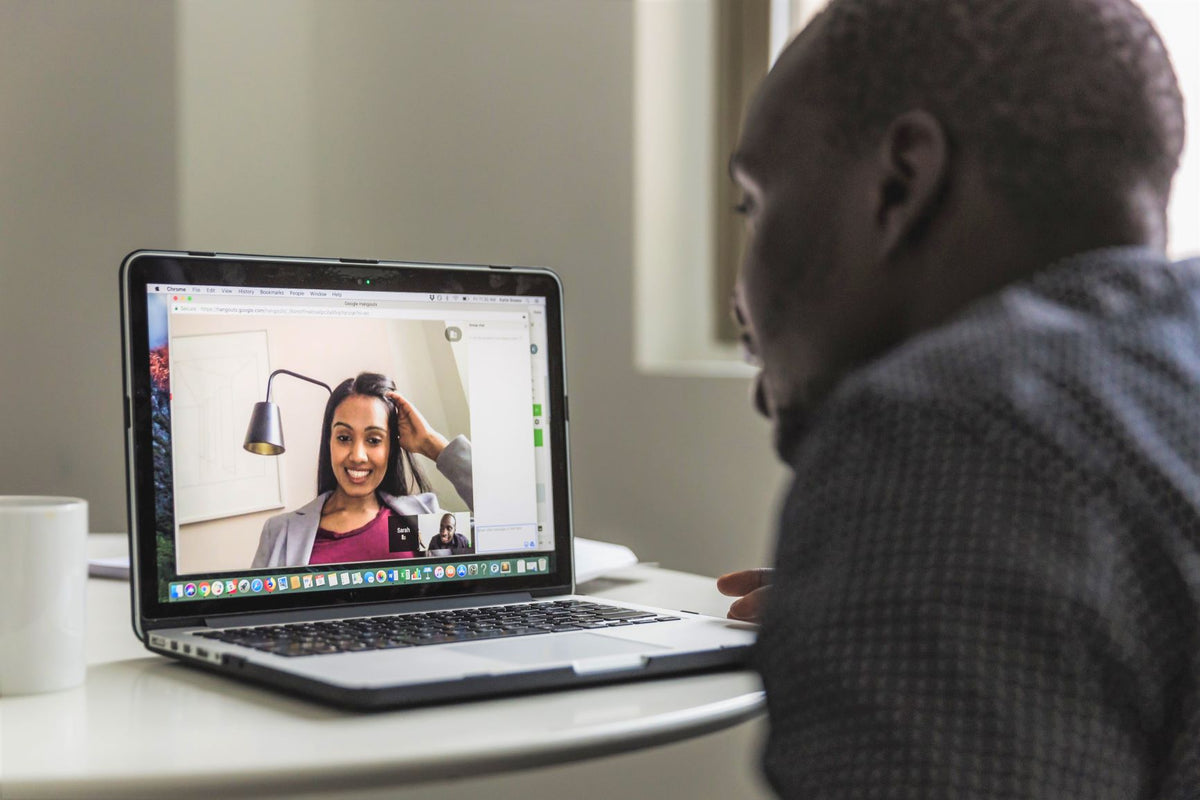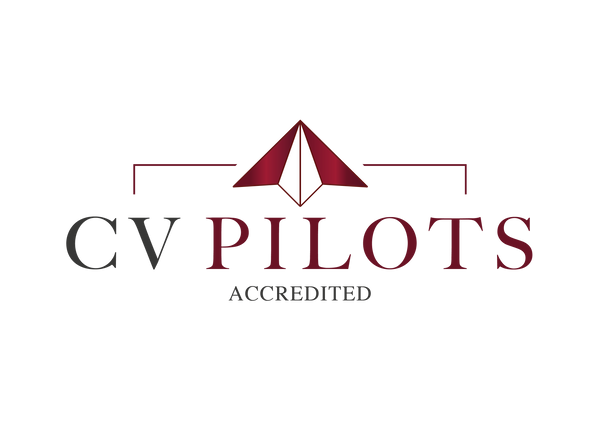
Remote Hiring in 2025: How Companies & Candidates Can Master Virtual Interviews
How Companies and Candidates Can Thrive in Remote Hiring & Virtual Interviews — 2025 Edition
As we navigate 2025, remote hiring and virtual interviews aren’t just temporary adaptations—they’re strategic essentials. The world of work has prioritised flexibility, efficiency, and skill-centered evaluation while recalibrating norms shaped by COVID-19.
Here's what companies and candidates must know—and how to get it right.
If you’re ready to take the guesswork out of job applications and
give yourself a genuine competitive edge, our CV Reviews and
CV Template Bundles are designed to help you stand out in even
the toughest hiring markets.
CV Reviews – Save £60
If you’re not sure your CV is truly working for you, our
Professional CV Review Service provides in-depth, recruiter-level
feedback on content, structure, and ATS compatibility. You’ll receive
a personalised action plan showing exactly what’s holding you back
and how to fix it, so you can apply with confidence. Use discount code
PCVR60 at checkout to save £60 and give your next application the
competitive edge it deserves.
CV Template Bundles – Save £40
Prefer to write your own CV but want a proven framework? Our
CV Template Bundles include an ATS-friendly, recruiter-approved
template, plus our storytelling framework, metrics tracker, CV checklist,
and scorecard - everything you need to create a document that sells
your skills and achievements. Use discount code CVTB40 to get
£40 off and start building a CV that gets noticed for all the right
reasons.
These tools pull back the curtain on the hiring process, cutting
through the smoke and mirrors so you understand exactly what
employers and ATS systems are really looking for
It’s Common—and Effective—to Hire Without In-Person Meetings
Virtual hiring is now standard for roles at all levels. Most recruiters we spoke with confirmed they’ve successfully onboarded executives via video—sometimes never meeting them face-to-face.
Why it works:
-
Wider talent pools (no location barriers)
-
Faster processes with fewer scheduling complications
-
Equal or improved retention and performance outcomesManning Global BlogPPR Recruitment+1
Advantages That Matter in 2025
For Companies:
-
Expanded geographic reach and diversity
-
Reduced hiring costs and streamlined operations
-
Data analytics and anonymised CV tools emphasise skill over biasinFeedoAddition+
For Candidates:
-
Greater access to roles regardless of location
-
Reduced stress and time savings—no more commute anxiety
-
The playing field levels for neurodiverse applicants who may excel in digital environmentsThe Times of India+15PPR Recruitment+15Flo Recruit+15Reddit+1
Candidates: Polish Your Virtual Presence
-
Tech readiness is essential — Test your https, camera, and lighting. Practice with platforms like Zoom or Teams ahead of timeRichard Wayne & Roberts+2Northeastern Grad Programs+2.
-
Own your environment — Clear cluttered spaces, avoid backlighting, minimise background noise. Hiring managers notice more than your wordsNortheastern Grad Programs+1.
-
Master camera engagement — Look into the lens, use verbal cues like "Absolutely!" to confirm engagement, and keep a notepad nearby for unobtrusive note-takingAsync Interview.
-
Do deeper research — Know the firm’s remote culture, DEI commitments, and ask insightful questions tailored to virtual rolesPPR Recruitment+15Richard Wayne & Roberts+15Vault+15.
Interviewers: Structure is Everything
-
Anchor interview flow — Break the interview into soft skills, technical, and behavioural sections to compensate for lost physical cuesThe Times of India+5Homerun+5SelectSoftware Reviews+5.
-
Avoid disjointed panels — Assign roles, prevent interruptions, and avoid mishaps like link-sharing errors during panelsVaultSoutheast Online.
-
Mitigate AI fatigue — If AI tools dominate early stages, integrate live sessions or in-person rounds for fairness and authenticityFinancial Times+1.
-
Embrace hybrid modes — Companies like Deloitte and Google are balancing virtual first rounds with in-person final meetings to sustain human connection and reduce AI vulnerabilityThe Times of India.
The Expanding Recruitment Playbook: 2025 Trends
-
Asynchronous and audition-style interviews — Pre-recorded video responses, short job trials, and virtual reality simulations are gaining traction for real-world assessmentsPPR Recruitment+8Manning Global Blog+8Financial Times+8.
-
AI moderates bias—but with caution — AI tools help anonymise screening and predict performance, reducing sentiment bias by over 40%. Still, unchecked use can deepen inequality and impersonalise the processarxiv.org+1.
-
Human touch remains essential — VR mock interviews and LLM-based platforms like SimInterview help build confidence—but human feedback and oversight remain vitalarxiv.org.
-
Gen Z demands connection — Younger workers crave community, not just flexibility. Recruiters must prioritise engagement culture alongside remote hiring benefitsTekwissen+7PPR Recruitment+7wired.com+7.
Summary: Remote Recruitment Done Right in 2025
-
Embrace virtual, but keep it strategic: Use tech for reach and processes—but underscore human connection.
-
Candidates, ensure your virtual presence is polished, and drive engagement with insight and authenticity.
-
Recruiters, structure remote interviews thoughtfully and combine digital tools with human interaction.
-
Adopt innovation wisely: Test VR simulators and AI screening, but always prioritize fairness and authenticity.
Hybrid recruiting isn’t a temporary fix, it’s the new standard. While in-person work and face-to-face interviews have returned, remote hiring remains a core part of corporate culture. Mastering both will give you a decisive edge in your career.
To find out more, visit our website www.cvpilots.co.uk If you have any further questions, you can either book a consultation call with one of our team, or get in touch via email on team@cvpilots.co.uk

